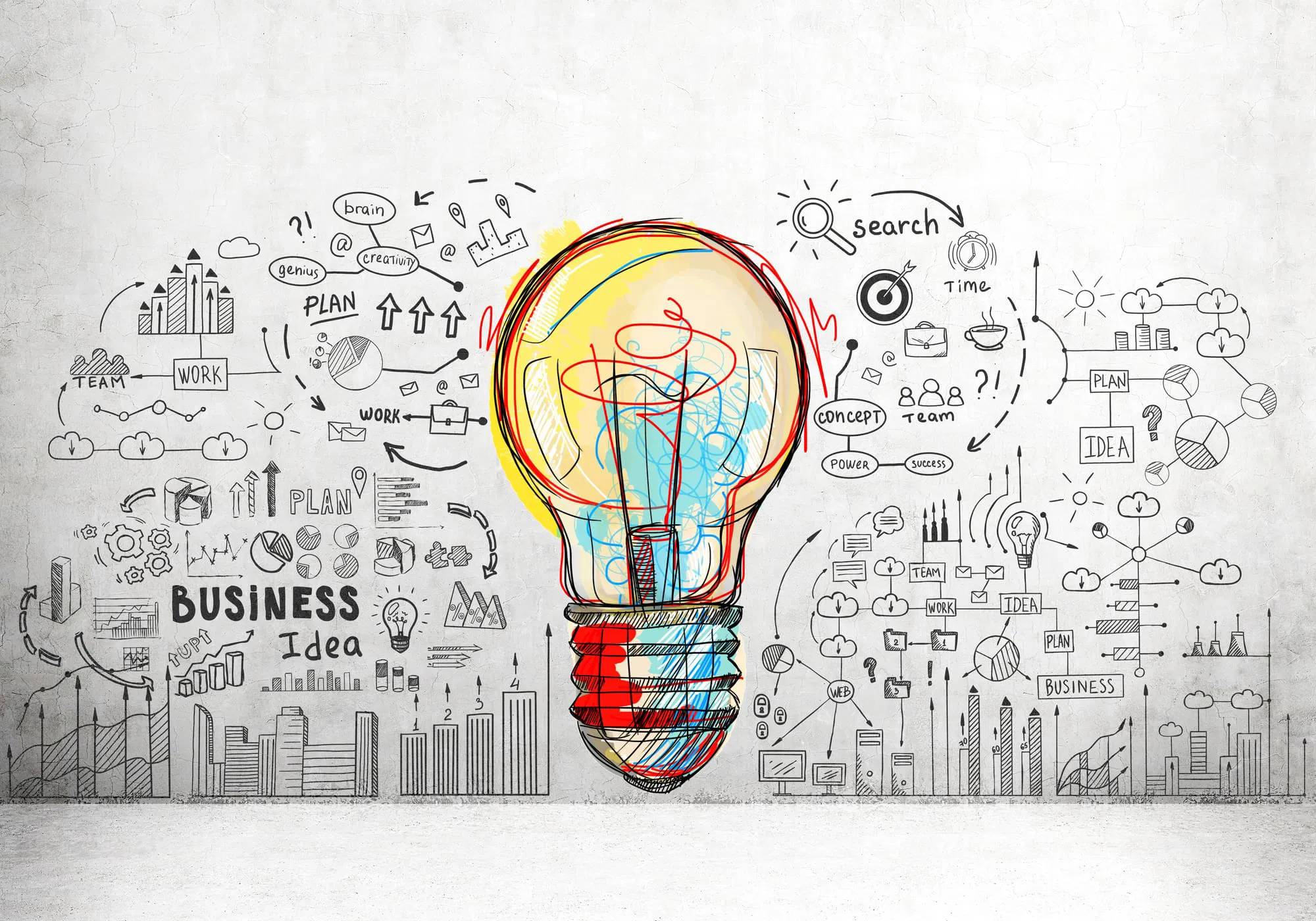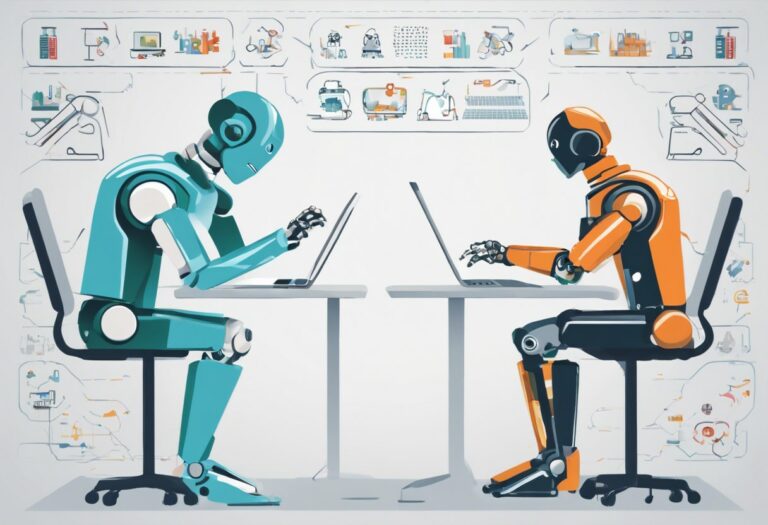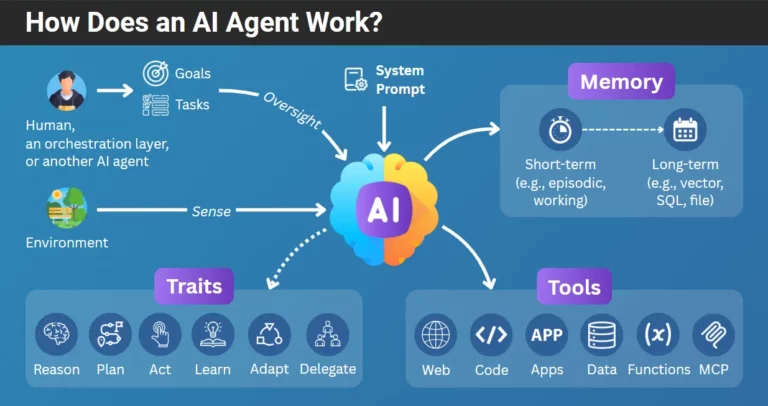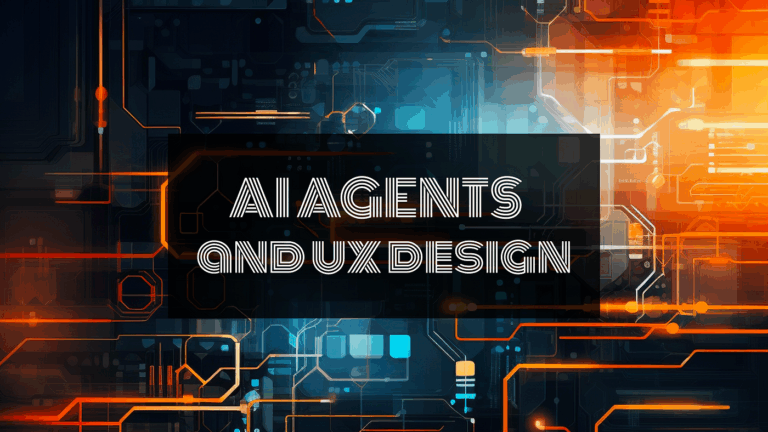
The Role of AI in Healthcare
AI in Medical Imaging and Diagnosis
Artificial Intelligence is revolutionizing how doctors detect diseases. Machine learning models can now analyze CT scans, MRIs, and X-rays with high accuracy. AI tools like Google’s DeepMind are able to spot early signs of cancer, diabetic retinopathy, and neurological disorders faster than traditional methods.
AI-Powered Drug Discovery
Pharmaceutical companies now use AI to simulate how potential drug molecules will behave, drastically reducing research time. This accelerates the identification of viable compounds and shortens the timeline for clinical trials, bringing life-saving drugs to market faster.
AI in Finance and Banking
Fraud Detection and Risk Management
AI helps financial institutions detect fraudulent activities in real time by analyzing patterns in user behavior. It identifies anomalies, blocks suspicious transactions, and helps with compliance, reducing human error and financial losses.
Algorithmic Trading and Customer Insights
AI algorithms execute trades at lightning speed based on real-time market data. Additionally, banks use AI to personalize offerings by analyzing customer data, improving client satisfaction and retention.
AI in Transportation and Manufacturing
Autonomous Vehicles and Traffic Optimization
Self-driving cars rely on AI to interpret sensor data, make decisions, and navigate complex environments. In urban settings, AI helps optimize traffic flow, reduce congestion, and enhance commuter safety.
Smart Factories and Predictive Maintenance
Manufacturers are leveraging AI to predict equipment failures before they happen. This minimizes downtime and maximizes productivity. AI also enhances supply chain efficiency and supports quality control with visual inspection systems.







